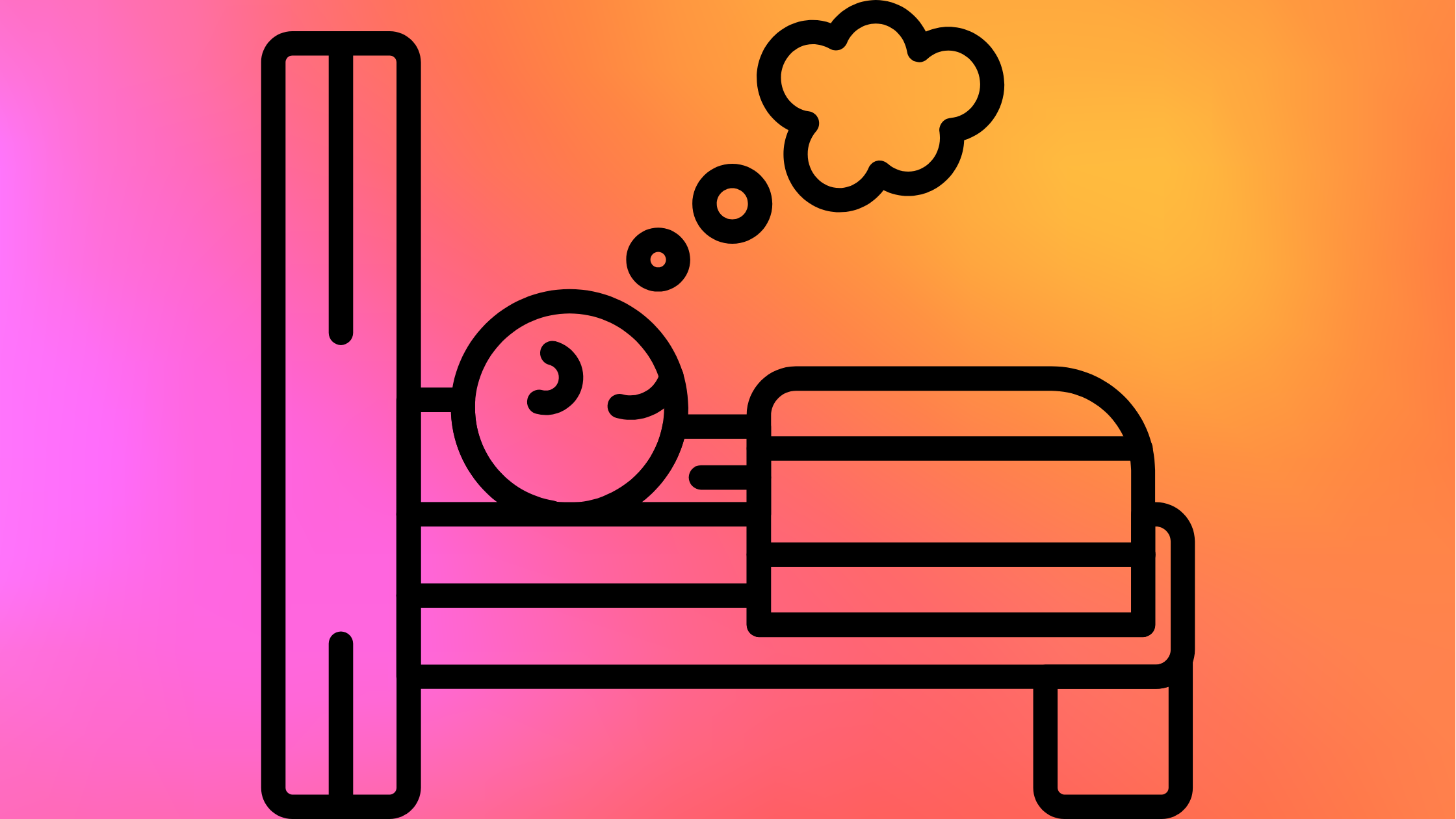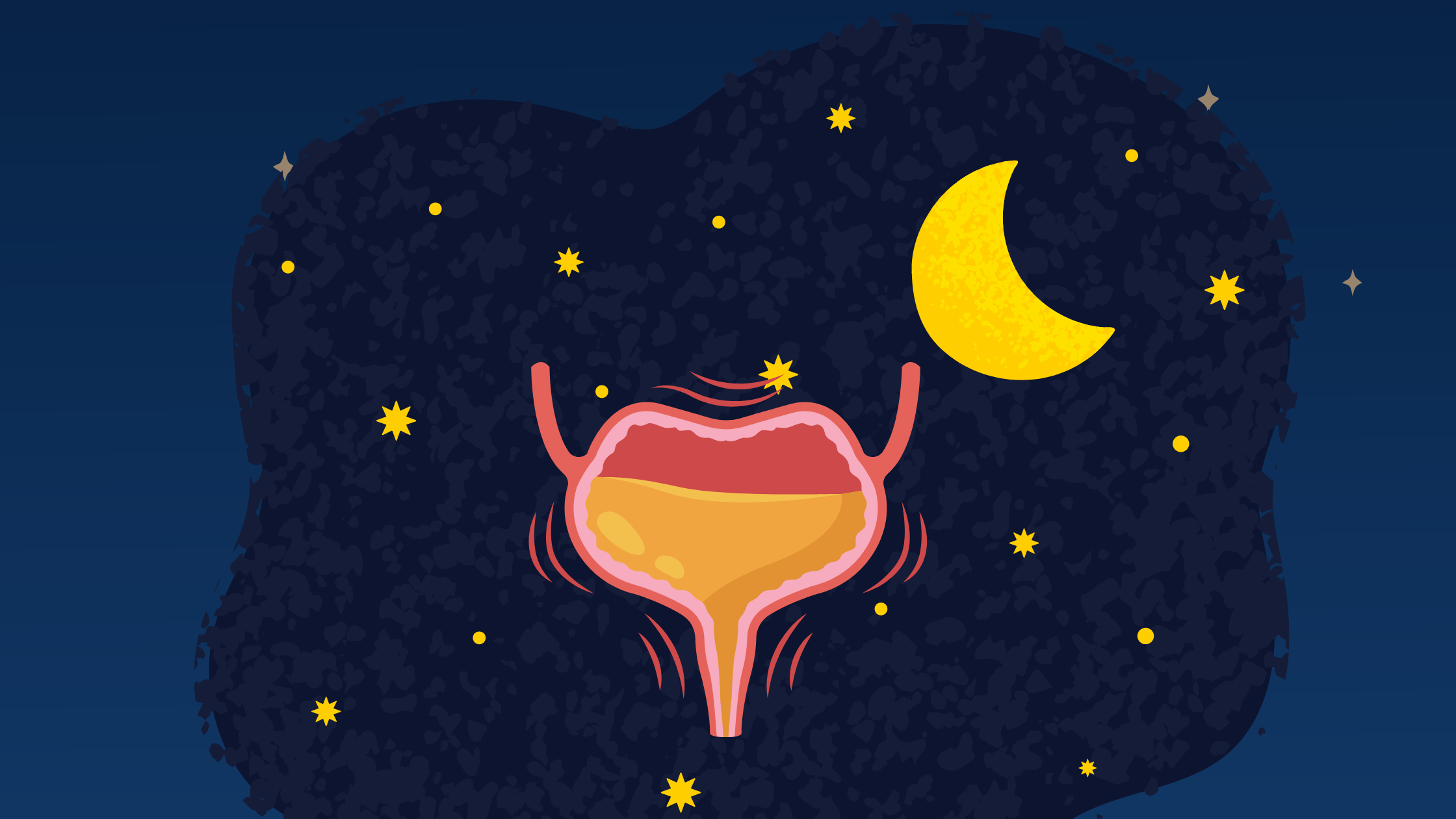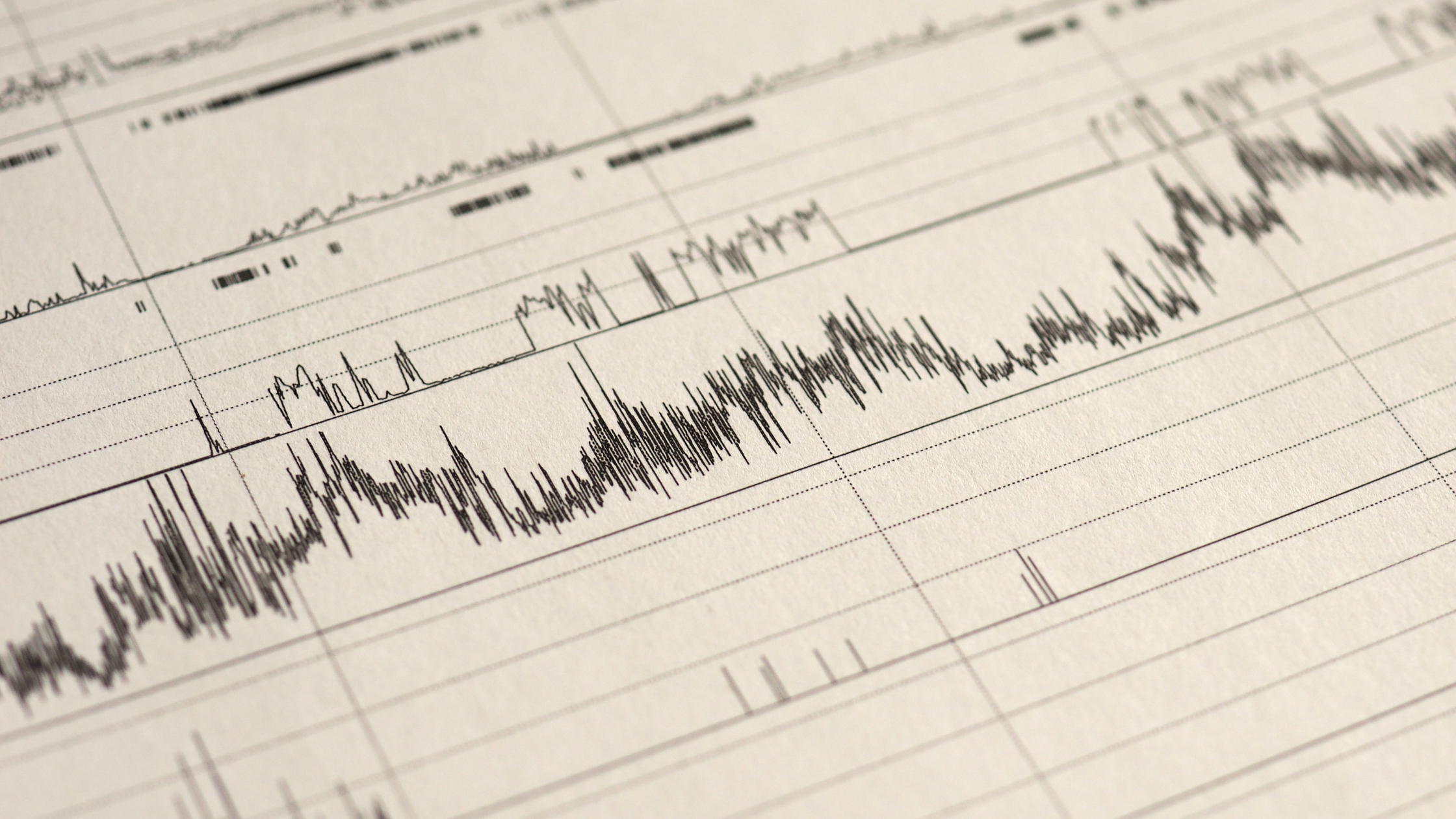When people think about sleep quality, they often focus on how many hours they spend in bed. But what happens during those hours matters just as much—if not more. One of the most critical stages of sleep for both mental and physical health is rapid eye movement (REM) sleep. The quality of your REM sleep can significantly influence your mood, memory, emotional resilience, and overall well-being.
What Are Microawakenings and How Do They Impact Sleep?
Even the deepest sleepers experience brief moments of wakefulness throughout the night. These tiny interruptions—called microawakenings—are completely normal and often go unnoticed. In fact, most people have dozens of them every night.
But while microawakenings are a natural part of the sleep cycle, they can become problematic when they occur too frequently or last too long. When that happens, they can fragment sleep, leave you feeling unrefreshed in the morning, and subtly contribute to daytime fatigue, mood changes, and cognitive fog.
Understanding what microawakenings are, why they happen, and how they affect your rest can help you make sense of symptoms you may not even realize are sleep-related.
Overactive Bladder and Sleep: How Nighttime Urgency Impacts Rest
Sleep is one of the body’s most essential restorative processes—but for people living with overactive bladder (OAB), restful sleep can feel frustratingly out of reach. Waking up multiple times a night with the sudden urge to urinate interrupts sleep cycles, increases daytime fatigue, and contributes to stress and reduced quality of life. What’s often underestimated is how deeply OAB affects not only nighttime comfort but also overall physical and mental health.
If you find yourself waking up repeatedly to go to the bathroom or lying awake worried you might need to get up soon, you’re not alone. Overactive bladder affects millions of adults of all ages, and nighttime symptoms—known as nocturia—are among the most disruptive.
This article explores how OAB interferes with sleep, why it happens, and evidence-based ways to improve nighttime rest.
Behavioral Adjustments to Help with Nighttime Urination
Waking up multiple times a night to use the bathroom—known as nocturia—can seriously disrupt your sleep and leave you feeling tired, irritable, and foggy the next day. While nighttime urination can sometimes be caused by medical conditions that require evaluation, in many cases, behavioral and lifestyle adjustments can make a significant difference.
How to Get Good Sleep When You Are On Call: Tips and Strategies
Being on call can significantly disrupt your sleep, making it challenging to get the rest you need to perform effectively and maintain your health. Whether you're a healthcare professional, IT specialist, or in any role requiring you to be available at all hours, managing sleep while on call is crucial. This blog post will provide practical tips and strategies to help you get good sleep even when you have to be ready to respond at a moment's notice.
If you've ever had to go for a polysomnography, they have probably hooked your head up to a bunch of wires. These wires are there to measure brain activity while you are sleeping. The official term for what this test is is an EEG, or an electroencephalogram. The EEG will provide a recording of electrical activity in your brain while you are awake and sleeping. It involves having small electrodes placed around your head which are attached to your scalp using a paste. You may also be asked to breathe deeply or look into a flashlight at some point during the recording. This, also known as activation technique. The test can normally take up to two hours if that's the only thing that you're doing.
People normally get EEG that they struggle with electrical activity, like seizures. EEG's are also useful for determining what stage of sleep people are in. As part of the test, you may also be video recorded to help diagnose your condition. You will be asked to sign the consent form at the beginning of the test to allow for recording of your brain activity and interpretation of the results. Continue reading to learn more about a sleep EEG, who should get one, and what it is like.
Sleep fragmentation is exactly what it sounds like, fragmented sleep. Fragmented sleep is continually disrupted sleep due to a variety of causes. This is an issue because fragmented sleep leads to less time overall sleeping, and especially less time in more restorative stages of sleeping like deep sleep. It's important to determine the cause of fragmented sleep in order to begin a treatment or recovery plan for it. The interruptions are not considered a sleep disorder, but maybe the manifestations or symptoms of a sleep disorder, which is why it's so important to recognize if you have fragmented sleep and begin the work up to determine why.






